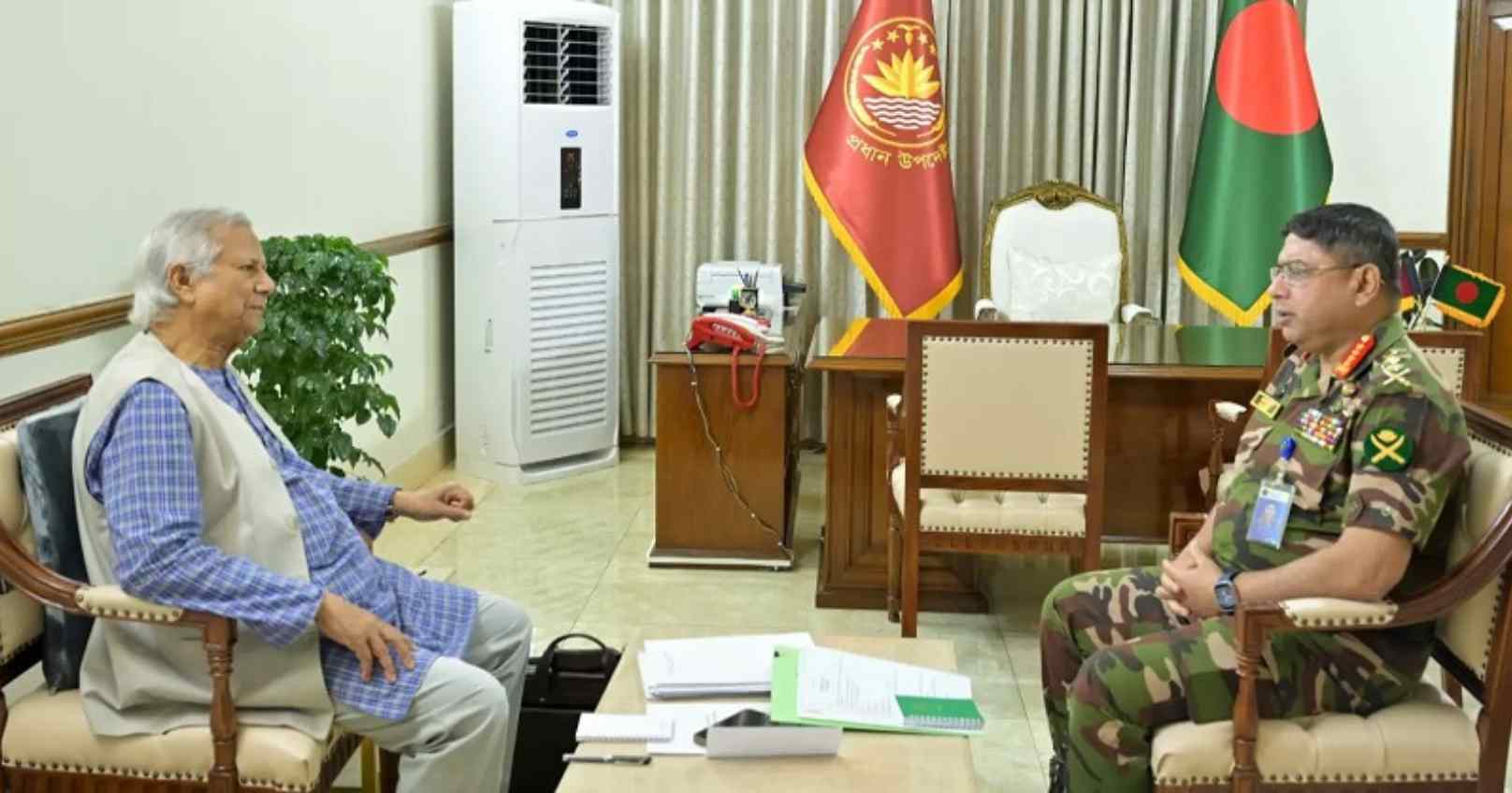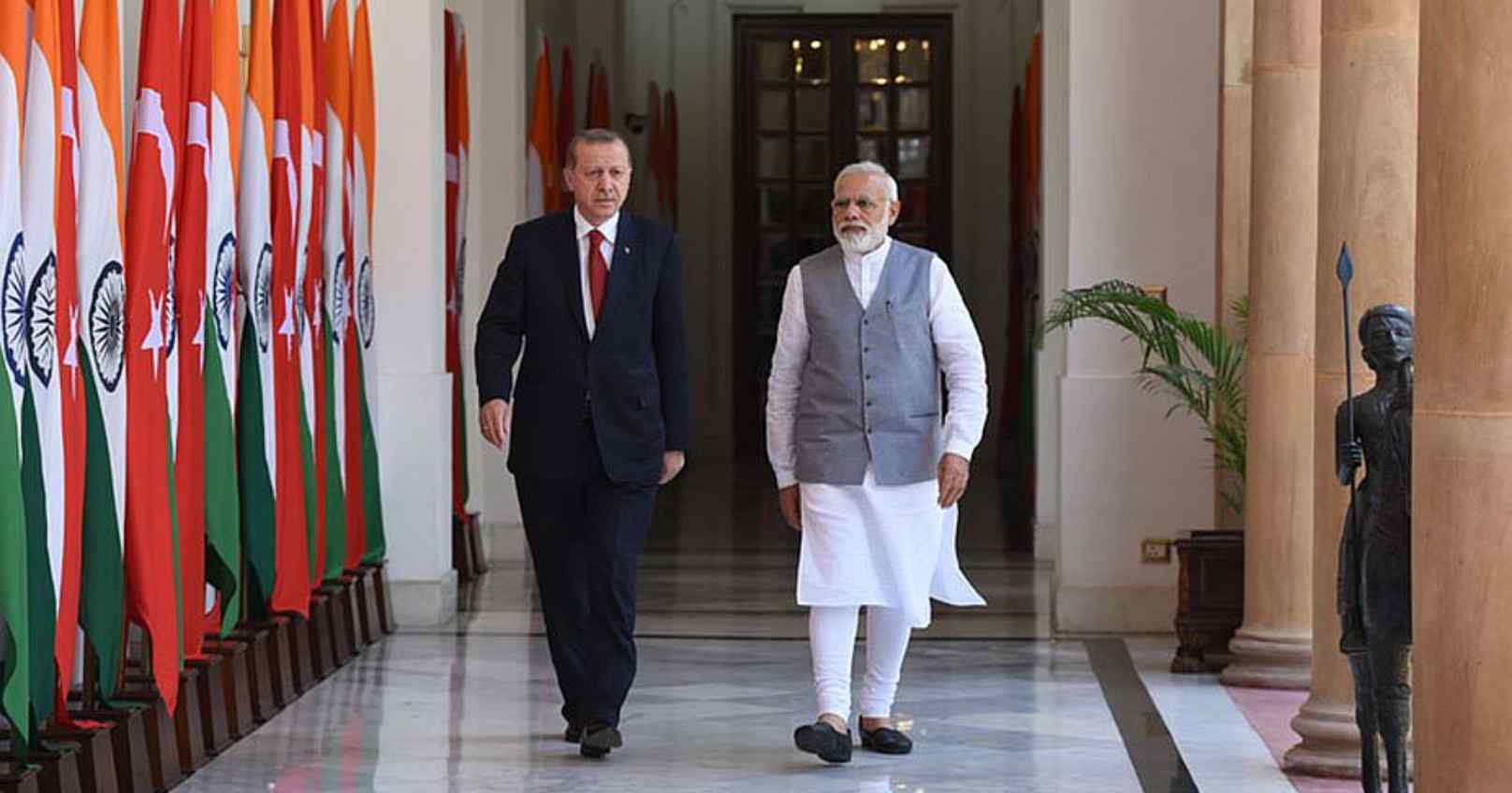Professor Yunus Weighs Resignation Amid Political Stalemate in Bangladesh
Bangladesh's interim leader Muhammad Yunus is reportedly considering stepping down as political parties remain divided, stalling governance and reforms
23-05-2025Bangladesh’s interim leader, Professor Muhammad Yunus, is reportedly contemplating stepping down from his position due to growing frustration over the failure of political factions to find common ground. The update came via BBC Bangla in a late-night report on Thursday, citing remarks by National Citizen Party (NCP) head Nhid Islam.
Islam, who is closely aligned with Yunus and leads the student-backed NCP, stated that he visited Yunus on Thursday following widespread speculation about his potential resignation. “We’ve been hearing rumours all day. When I met him, he admitted he was indeed thinking about resigning. He believes the current political impasse is preventing him from functioning effectively,” Islam said.
Yunus is said to have voiced concerns that unless the country’s major political parties reach a mutual understanding, he cannot continue in his role. “In this environment, it’s impossible for me to carry out my duties,” Yunus reportedly told Islam.
Trying to persuade the interim leader to hold firm, Islam urged Yunus to remain in office for the sake of national stability and the expectations raised during last year’s youth-led uprising. “I encouraged him to stay strong—for the future of the nation and the hopes of the people. I’m optimistic the parties will come together and support him,” Islam added.
However, the NCP leader acknowledged that if Yunus does not receive the confidence and support of the political establishment, stepping down might be the only option left. “If there’s no space for trust or assurance, and if political forces want him out, there’s little reason for him to stay,” Islam remarked.
Yunus’s leadership has faced mounting pressure over the past 48 hours, particularly from the country's armed forces, who were instrumental in last year’s massive student protest. That movement, led by Students Against Discrimination (SAD), ousted the long-standing Awami League government under Sheikh Hasina and led to Yunus being installed as the interim chief adviser—a role equivalent to prime minister.
During the unrest, the military chose not to intervene harshly, despite being deployed. Instead, it facilitated Sheikh Hasina’s peaceful departure to India and supported Yunus’s appointment in alignment with the students’ demands.
Now, with the same forces showing signs of discontent and political factions failing to align, Yunus’s tenure appears increasingly uncertain.


Rahul Gandhi’s unscheduled interaction with students at Delhi University has triggered a sharp res
Read More
Facing strong resistance from its military and political opposition, Bangladesh's interim government
Read More
India has urged Turkey to pressure Pakistan into dismantling its terror infrastructure, while highli
Read More